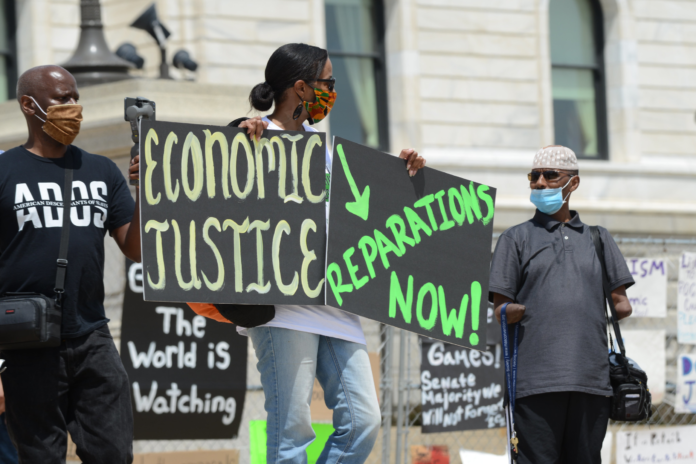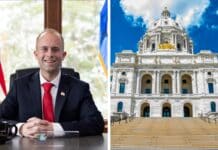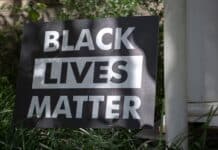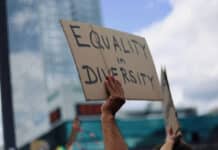
Black Lives Matter Minnesota says the next step towards justice for George Floyd is giving money to black people.
“It’s about direct cash payments,” BLM Minnesota spokesman Trahern Crews told Insider for an article with this lengthy headline: “Police convictions aren’t equivalent to justice, family members of police brutality victims say. They want reparations to make up for generations of institutionalized racism.”
“I need 40 acres and a mule, really,” echoed Diamond Reynolds, Philando Castile’s former girlfriend, in the same report. Forty acres and a mule is a reference to an early attempt at reparations. “I feel like Minnesota took away so much from my growing,” she added.
Meanwhile, Floyd’s family was recently given a $27 million settlement. This payment is 35% larger than the settlement awarded to the family of Justine Damond, a white woman who was murdered in 2017 by a black Minneapolis police officer.
Reynolds also received $800,000. However, unlike in the case of Damond or Floyd, Reynolds was not officially related to Castile, the person whose death brought about the settlement — nor did his death result in an officer’s conviction.
BLM Minnesota’s advocacy for cash reparations comes amid a national wave of support for the idea.
The U.S. House of Representatives advanced a bill earlier this month that seeks to pay reparations to descendants of slaves. If signed into law, this measure would establish a commission with the mission of figuring out how to identify and apologize to those whose relatives were once slaves. Notably absent in the bill is any concrete declaration that this would take the form of monetary compensation on an individual level.
Meanwhile, locally based reparations may become more commonplace if the federal measure doesn’t succeed. A Chicago suburb rolled out a new program to give its black residents money to spend on real estate late last month.
Opponents of such measures like U.S. Rep. Jim Jordan of Ohio say it doesn’t make sense “to take money from people who were never involved in the evil of slavery and give it to people who were never subject to the evil of slavery.”
Proponents of the idea such as Democrat Rep. David Cicilline of Rhode Island say that it doesn’t matter if a person was involved in slavery or not — they still owe black Americans money. “This notion of, like, I wasn’t a slave owner. I’ve got nothing to do with it, misses the point,” he said.










